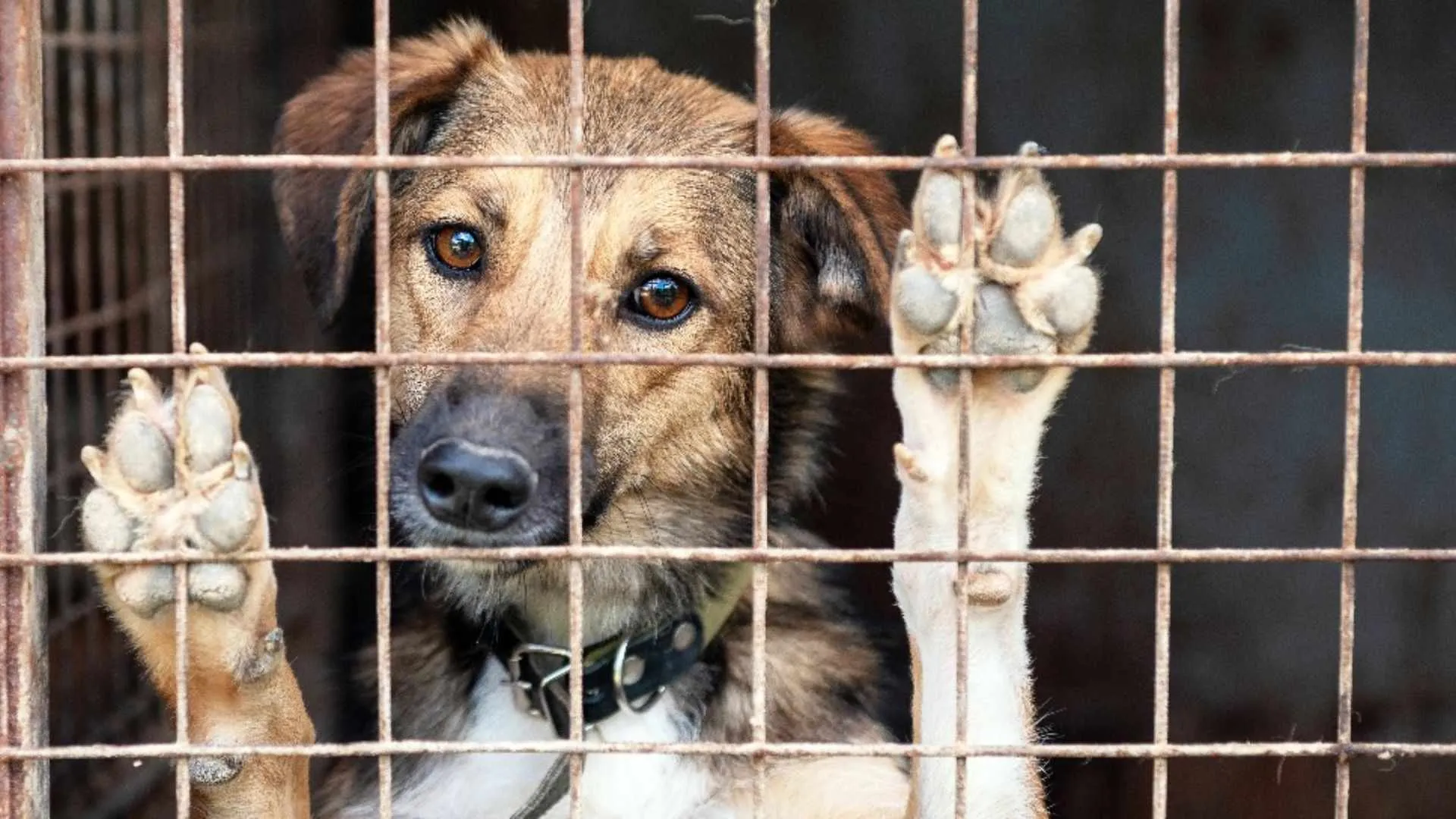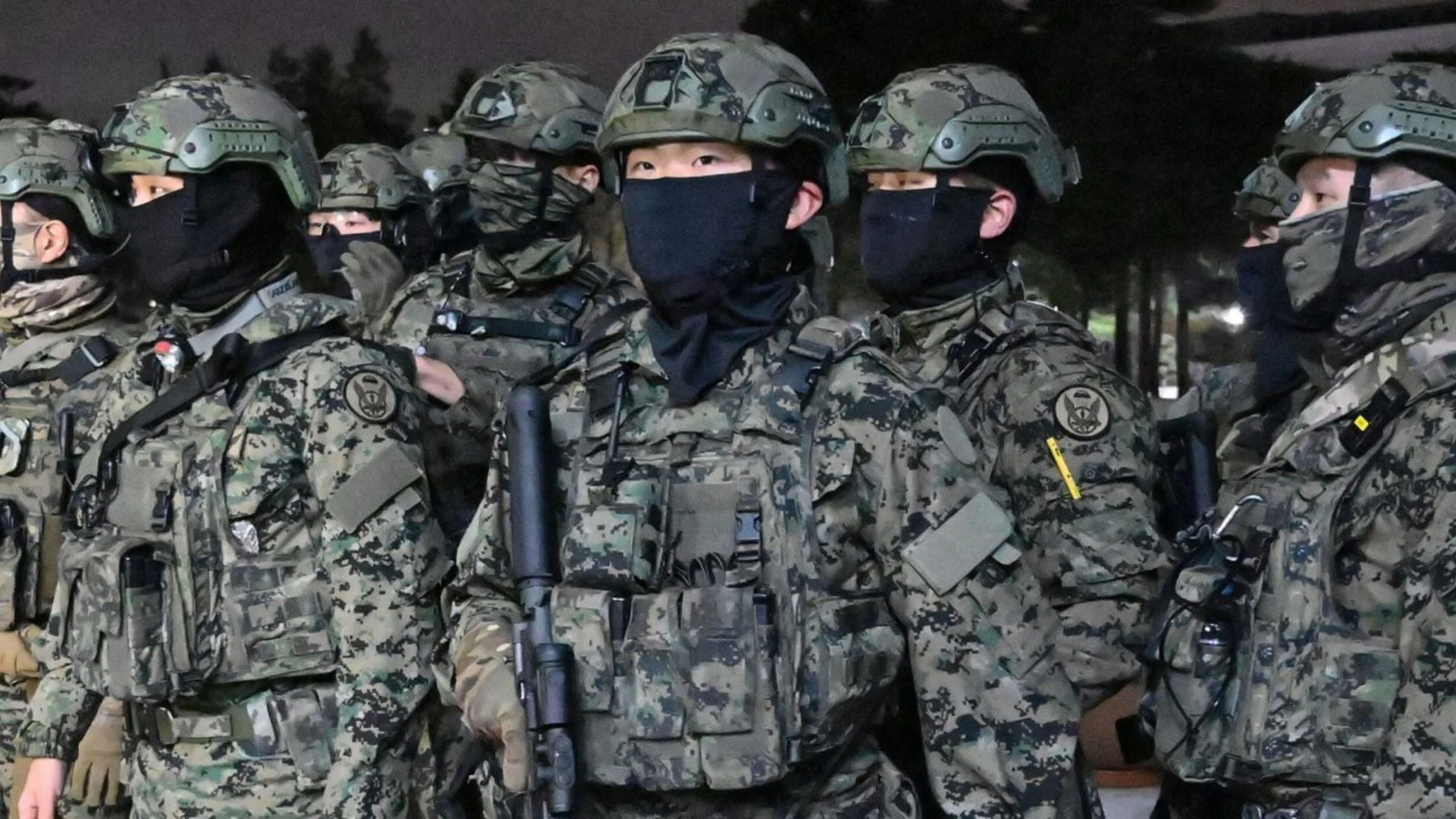Reverend Joo Yeong-bong, 60, has kept dogs for years, but his business was in crisis after South Korea legalized a ban on dog meat in 2024.
“Since last summer we’ve been trying to sell our dogs, but the traders just keep hesitating,” he said to the BBC. “Not a single one has shown up.
The legislation provides farmers of dog meat until February 2027 to close down. But for many, such as Joo, they claim to already be in a stalemate unable to sell their dogs or switch jobs.
“People are suffering,” Joo continued. “We’re drowning in debt, can’t pay it off, and some can’t even. find new work. It’s a hopeless situation.”
Confronting the Deadline with No Help
Another farmer, Chan-woo, aged 33, says he is facing an impossible job, finding new homes for 600 dogs within 18 months, or going to prison for up to two years.
“Realistically, even just on my farm, I can’t accommodate the number of dogs that I have in that time,” he explained. “At this stage I’ve put all of my assets [into the farm], and yet they are not even removing the dogs.”
By “they,” he means not just meat traders but also the authorities and animal protection groups that campaigned for the ban.
“They [the authorities] enacted the law without any proper plan, and now they’re saying they cannot even accept the dogs.”
Activists Acknowledge Gaps in Planning
Lee Sangkyung of the Humane World for Animals Korea (Hwak) concurs that there’s a big gap in post-ban transition.
Even though the ban on dog meat has been approved, the government and civic groups are still trying to figure out how to rescue the rest of the dogs,” he explained.
“One part that is still missing is the talk about the dogs that have been left behind.
The government asserts local shelters will accept surrendered animals, but the majority of dogs raised for meat large ones such as the Tosa-Inu are frequently defined as “dangerous” under South Korean law and aren’t attractive to the normal pet adopters.
“There’s a social stigma attached to dogs coming from meat farms,” Lee said, citing disease risks, trauma, and size concerns.
Shelters Overwhelmed, Euthanasia a Looming Threat
With few adopters and limited shelter room, the threat of mass euthanasia hangs over it.
“If remaining dogs become ‘lost and abandoned animals’ then it’s heartbreaking but they will be euthanised,” warned Korean Animal Welfare Association leader Cho Hee-kyung.
The government denies euthanasia is included in the plan, and has provided economic incentives — as much as 600,000 won (approximately $450) per dog to promote early shutdown. Shelter space is also being increased, but organizations such as Hwak contend current rescue plans are unclear and inadequately financed.
While some dogs have been exported for adoption, these efforts are limited and do not touch on the broader issue.
A Generation in Crisis
Ex-dog farm owner Yang Jong-tae, 74, closed his farm in 2023 and saw for himself the kindness of rescue workers.
“When I saw how they treated the animals, like they were treating people, so lovingly, so carefully, it really touched me,” he said. “We don’t treat them that way. For us, breeding dogs was just a means to earn a living.
Nevertheless, Yang challenges the reasoning behind the prohibition, “If dog meat is prohibited because dogs are animals, then why is it permissible to consume other animals such as cows, pigs or chicken?”
Young farmers such as Chan-woo are particularly perplexed about the future.
“All we’re hoping now is that the grace period can be extended so that the process can occur more gradually.”
“Currently, individuals continue to cling, hoping something will shift. But by 2027, I honestly believe something awful will occur.”
“There are so many individuals whose lives have utterly disintegrated.”























